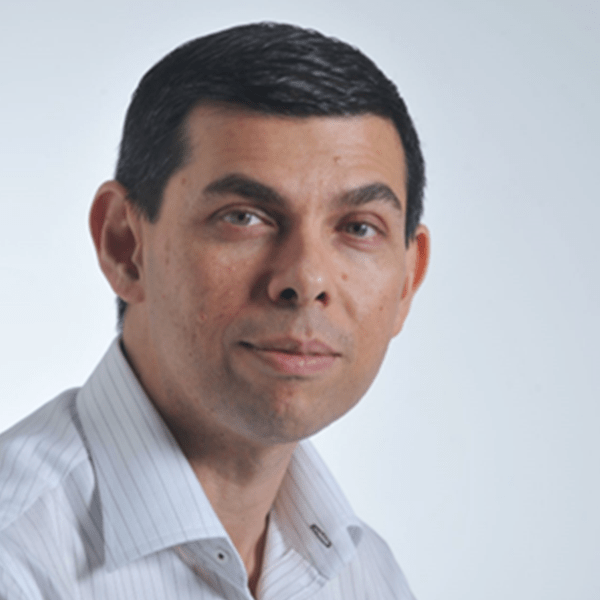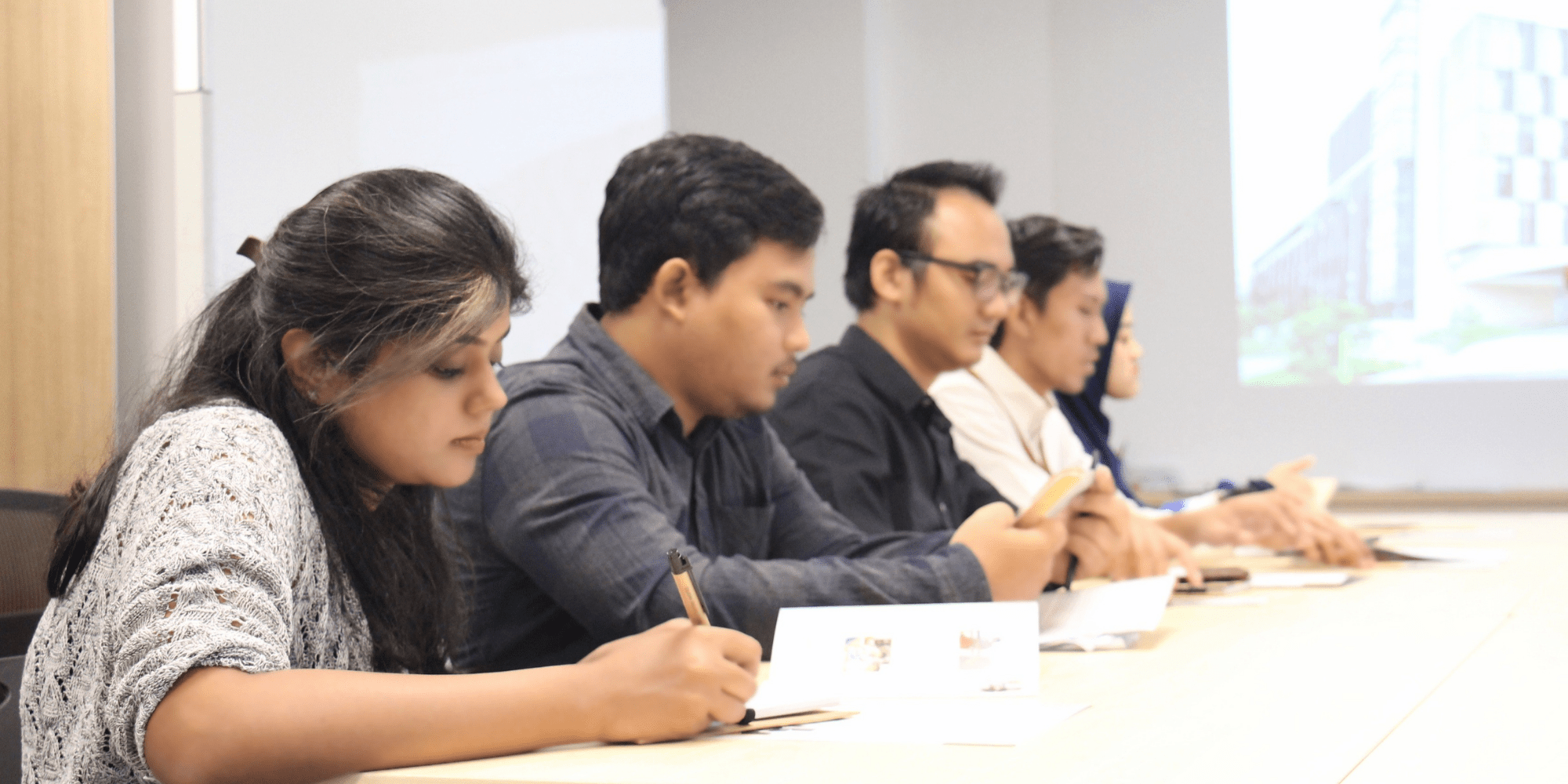Impact Media Fellowship
The SIF Impact Media Fellowship seeks to build capacity and promote exchange among media professionals and newsmakers from around the region who want to use their platform for social change. The seven-week programme will focus on professional training and knowledge-sharing via training workshops, panel discussions, and cross-cultural exchanges. It is designed to enable participants to be equipped with the skills and resources to envision and enable positive social change in the communities they work with.
-
Agenda
-
Speakers
Tuesday, 9 March 2021
-
5.30pm – 7.30pmIntroduction Session
2020: A year for the history books. Nic Newman, Senior Research Associate at the Reuters Institute for the Study of Journalism, called COVID-19 “a global health pandemic that is unprecedented in modern times and whose economic, political, and social consequences are still unfolding.”
He adds, “The seriousness of this crisis has reinforced the need for reliable, accurate journalism that can inform and educate populations…”.
For the Introduction session of the Singapore International Foundation (SIF) Impact Media Fellowship, the inaugural batch of media participants will be invited to share personal insights from the course of their work and list at least three challenges they would like to address in 2021. Through the Fellowship, participants are expected to gain knowledge and skills that will enable them to successfully pursue social impact stories and explore cross-border partnerships for meaningful collaborations.
Tuesday, 16 March 2021
-
5.30pm – 7.30pmWorkshop 1: Media as a Catalyst for Change
Speakers: Rebecca Lim (Our Better World, SIF) and Robin Hicks (Eco-Business)“The choices we make are determined by the information we are given. These are fundamental to how we shape a better world together.” - Michael Møller, 12th Director-General of the United Nations Office at Geneva.
As 2021 unfolds, how can the media contribute to inspire hope and create positive change in these challenging times? Workshop 1 looks into the area of Impact Journalism and explores how the role of the media can be a catalyst for meaningful change.
For discussion:
- Effective storytelling for social change (do’s & don’ts)
- How do you reclaim the narrative in turbulent times?
- How do you frame messages around solutions for social issues?
- How are you – as a changemaker – reframing social issues as the voice of the people?
Tuesday, 23 March 2021
-
5.30pm – 7.30pmWorkshop 2: Big Data & Storytelling | Nicola Eliot, BBC and Trinna Leong, Google News Lab
Nicola Eliot (BBC Global News) and Trinna Leong (Google News Lab)What has the COVID-19 crisis taught us about data-driven storytelling? According to industry experts Jed Miller and Michael Jarvis , COVID-19 has shown that it is possible to communicate urgent health and hygiene information in ways that prompt people to take action. For example, the success of the iconic "Flatten the Curve” chart illustrates the power of data-driven storytelling.
When media harnesses the power of data in storytelling, it can drive social change, but it is imperative to do so safely, responsibly, and ethically. Workshop 2 explores ways into how media could use data and ensure authenticity in their stories. We need to ask:
For discussion:
- How do you gather digital data from a variety of sources?
- How do you ensure data gathered is legitimately sourced, accurately presented and can accurately represent what is happening?
- How do you identify factors which can enhance the coherence, authenticity, and resonance of your stories?
- How can big data help in storytelling for change?
- What innovative solutions can we arrive at that would ensure trust is built?
Tuesday, 30 March 2021
-
5.30pm – 7.30pmWorkshop 3: Building Trust in the Face of Fake News
Carol Soon (Institute of Policy Studies) and Saifuddin Ahmed (Nanyang Technological University)Mis/Disinformation is an old story, fueled by new rapid technology. In the era of COVID-19 where we are desperate for information, the acceleration of fake news and deep fakes have underscored the need for news organisations to build trust with their online audience and subsequently, the community at-large.
Workshop 3 seeks to shed light on how sophisticated these purveyors of deep fakes are and how newsrooms around the world are tackling bigger challenges today by this ongoing wave of mis/disinformation.
For discussion:
- How big a role does trust play in storytelling for change?
- How can you uphold ethical reporting and be considered a source of credible news?
- What innovative solutions can we arrive at that would ensure trust is built? New infrastructure?
- What fresh ethical dilemmas now need to be considered by media practitioners in the context of ‘information disorder’?
Tuesday, 6 April 2021
-
5.30pm – 7.30pmPanel 1: Climate Change - Stories Beyond the News Cycle
Speakers: David Fogarty (The Straits Times), Linda Yanti Sulistiawati (Asia-Pacific Centre for Environmental Law) and Sharon Seah (ISEAS-Yusof Ishak Institute)COVID-19 and climate change – significant issues that place a grave impact on the world. Yet it appears that climate change is being put on the back burner as the global pandemic continues to grab news headlines. Governments in Asia are charting a safer and more sustainable future for their peoples, but many environmental and societal challenges remain.
Panel Session 1 will first explore how environment reporting can become a priority in the newsroom. Beyond traditional investigative journalism that shames those who have contributed to the climate crisis, the session will expose other approaches such as implanting a code of ethics for the newsroom which can then enable journalists to “give a voice to the voiceless”.
For discussion:
- By reporting on issues across Asia affecting the climate crisis – can the media influence change and how are you as a journalist using your stories to be a force for good?
- How can the media (as storytellers) place emphasis on climate science?
- How can you empower the voiceless in times of climate change?
Tuesday, 13 April 2021
-
5.30pm – 7.30pmPanel 2: Social Innovation in Healthcare and Education
Speakers: Janine Teo (Solve Education!), Jeremy Lim (National University of Singapore) and JJ Lee (APCO Worldwide)While traditional media has played an important role in furthering dialogues on healthcare and education across Asia, there is a call for media outlets to take a more constructive and solutions-focused approach to reporting on such issues.
Panel Session 2 will explore social innovation as an effective solution to address social issues, especially in the areas of healthcare and education. The session will also feature specialist healthcare volunteers from Singapore who can offer firsthand insights into collaborative efforts with regional partners to improve quality of life and make a positive change.
For discussion:
- How can the media move the needle and create greater awareness about UN SDGs 3 (Healthcare) and 4 (Education)?
- How should your storytelling change for the stories to reach the people that matter?
- Apart from success stories of affordable healthcare and education, what other story angles should you explore to inspire hope and create positive change?
Tuesday, 20 April 2021
-
5.30pm – 7.30pmPanel 3: Global Village Newsrooms
Speakers: Anjali Kapoor (Facebook), Kavita Chandran (Thomson Reuters Foundation) and Warren Fernandez (Singapore Press Holdings)Media plays a significant role in educating people and mitigating the impact of COVID-19 in 2020. As we head into 2021, how can the media leverage on international networks to continue to inform, educate, and persuade/shape public opinion?
This final panel session will bring participants one step closer towards a global network where journalists can explore better ways to collaborate and produce cross-border content.
For discussion:
- How are you, as media, leveraging your resources and creative talent to advance the UN SDGs.
- Reflect on how present partnerships (those already in existence ) and those to be formed, can make a difference across Asia.
- How are you and other newsrooms in the region helping each other to ensure there is more racial, ability, and gender diversity in the newsroom you operate in?
- What measures have you put in place or plan to introduce – so that additional cross border reporting will contribute to a more impactful story?
Thursday, 22 April 2021
-
5.30pm – 7.30pmClosing Session
Get In Touch
Have questions about the Impact Media Fellowship? Contact us at [email protected].
Facilitator and moderator
Augustine Anthuvan
Media and Communications Advisor
Augustine Anthuvan has been a journalist for more than 20 years. He was Radio Singapore International's Assistant Programme Director, radio broadcaster and producer for seven years, reporting on socio-political developments in Southeast Asia. In 2005, he joined Channel NewsAsia (CNA) and has worked in news and current affairs.
Over the span of 14 years, Augustine as a senior TV journalist, covered numerous local and overseas news assignments; has written, produced and narrated several documentary programmes and became CNA’s Executive Producer for the Perspectives TV panel discussion series which he helmed for eight seasons (2012-2019). Augustine is now an independent strategic media relations consultant, moderator and media trainer.
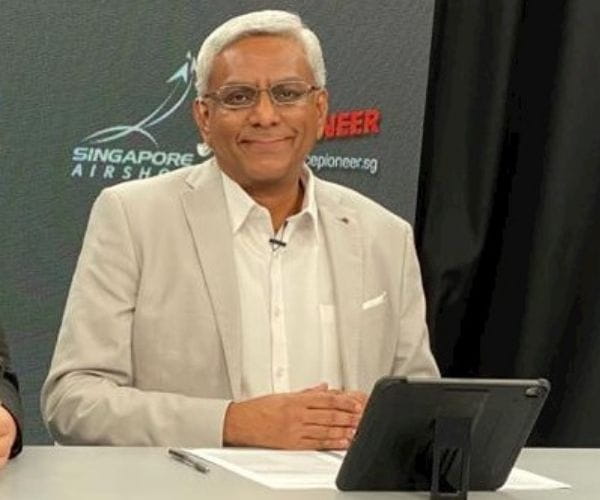
Workshop 1: Media as a Catalyst for Change
Rebecca Lim
Head, Our Better World, Singapore International Foundation
Ms Rebecca Lim heads up Our Better World (OBW), the digital storytelling initiative of the Singapore International Foundation (SIF), that leverages the power of stories and digital media to connect those who need help with those who want to help. OBW tells stories of people doing good in Asia to inspire a global community to contribute in meaningful ways, so that the non-profits/social enterprises who are featured can get support to impact more lives. She leads the team to constantly seek new and better ways to find, tell and distribute hopeful stories of good that will keep engaging masses to get involved.
An eternal optimist, Ms Lim combines her eye for opportunities with her love for people, bringing partners alongside on this journey of pursing a shared vision. Her experience spans strategic communications, integrated marketing, public relations, and brand management. Over the last two decades, she has worked in the sectors of her twin passions - tourism and non-profit. After a life changing three-year stint in Mumbai, she now applies her marketing and communications skills to impact lives through digital storytelling.
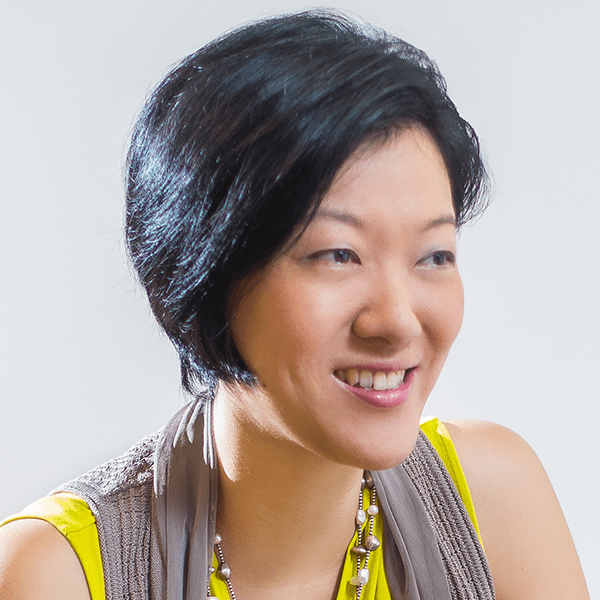
Workshop 1: Media as a Catalyst for Change
Robin Hicks
Deputy Editor, Eco-Business
Mr Robin Hicks is Deputy Editor at Eco-Business, where he reports on the latest trends in sustainability in Asia Pacific, as well as manages a network of writers across the region. He has lived and worked in Asia Pacific for 13 years, in Hong Kong, Australia and Singapore.
Mr Hicks has 20 years' experience in journalism, writing about media, government, technology, and sustainability. He has a particular interest in plastic pollution, the palm oil trade and Southeast Asia's (painfully slow) energy transition. Mr Hicks has a degree in Zoology from the University of Bristol in the UK, and spends his weekends chasing snakes, monkeys and wild pigs as a volunteer for Singapore animal welfare charity ACRES.
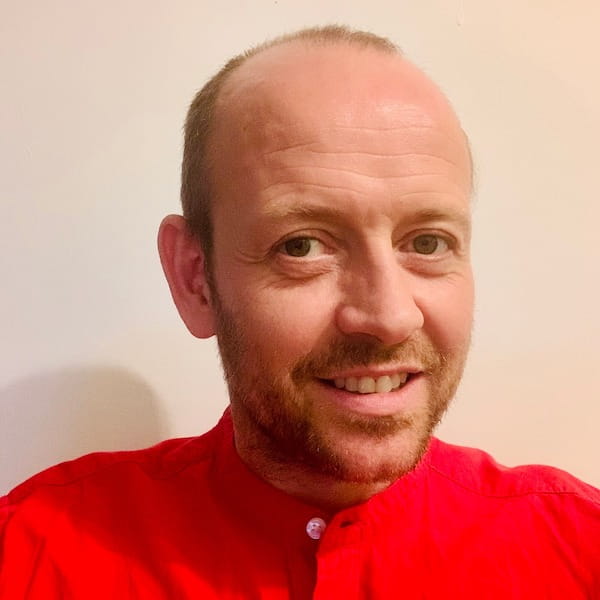
Workshop 2: Big Data & Storytelling
Nicola Eliot
VP, BBC StoryWorks, APAC, BBC Global News
Ms Nicola Eliot is Vice President for BBC Global News in-house production studio ‘BBC StoryWorks’ for APAC. She studied marketing and psychology of business at university, and married her education with her love of content 13 years ago when she began connecting beautiful stories with brand messaging with Imagine Group. These productions went across TV and digital regionally and were nominated for awards such as an International Emmy. Throughout her career Ms Eliot has developed a keen understanding on how to achieve the maximum value for the audiences as well as brands in storytelling.
In her current role with BBC, Ms Eliot leads the regional teams in creating innovative and award-winning stories across TV, online and social platforms. These stories empower brands through BBC’s powerful connection with their audience on their trusted platforms to achieve their KPI’s in campaigns that reach across the globe and in the APAC region. The BBC StoryWorks team provides a full creative service, with end-to-end ideation, innovation, strategy, and production and campaign management. She has created content for brands such as Huawei, Standard Chartered, Alibaba, Microsoft, IBM and many more.
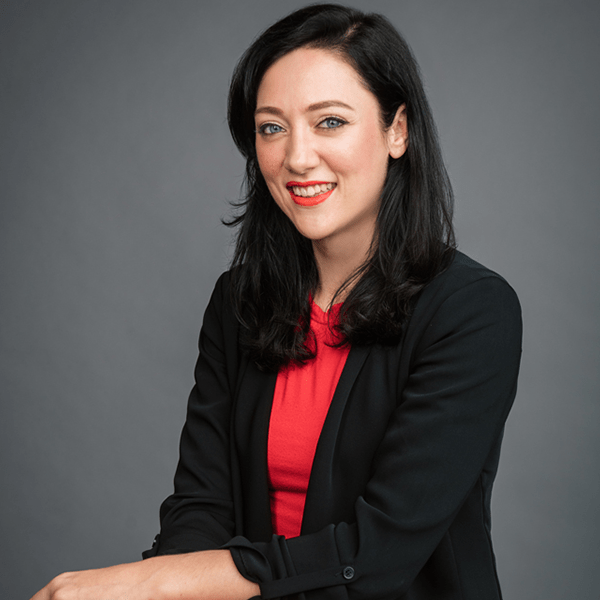
Workshop 2: Big Data & Storytelling
Trinna Leong
Southeast Asia Teaching Fellow, Google News Lab
Ms Trinna Leong is Google News Lab's first Southeast Asia Teaching Fellow. She has carved her career as a journalist covering politics, macroeconomy, social issues. Throughout her decade-long career in journalism, she has covered major news breaks such as the Malaysia Airlines disasters, the Rohingya refugee crisis, 1MDB financial scandal, assassination of North Korea's Kim Jong Nam and dramatic shifts in Malaysia’s politics in recent years. In her role at Google, she is running newsroom training across an incredibly diverse market of different cultures and languages.
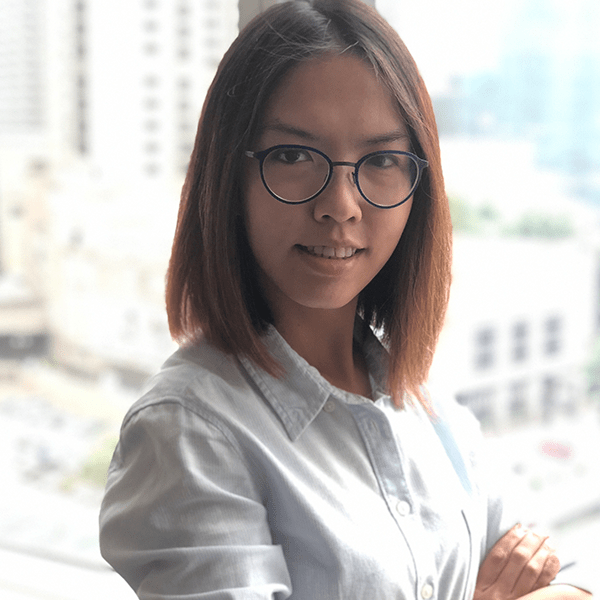
Workshop 3: Building Trust in the Face of Fake News: Countering Mis/Disinformation & Deep Fakes
Carol Soon
Senior Research Fellow, Head of Society and Culture Department, Institute of Policy Studies
Dr Carol Soon is Senior Research Fellow at the Institute of Policy Studies where she heads the Society and Culture Department. Her research interests are in misinformation and disinformation, media regulation, digital inclusion, new media and activism, online public opinion sensing and public engagement. She is currently working on a three-phase study that examines Singaporeans’ susceptibility and immunity to misinformation, and the efficacy of interventions. She has published her research in books and peer-reviewed journals such as the Journal of Computer-Mediated Communication, Asian Journal of Communication and Public Integrity.
Dr Soon is also Associate Director of the Asia Journalism Fellowship which is supported by Temasek Foundation. She is Vice Chair of Singapore’s Media Literacy Council and Principal Investigator at the NUS Centre for Trusted Internet and Community. She has taught courses at the Lee Kuan Yew School of Public Policy and the University Scholars Programme at NUS. She speaks about her research frequently at international, regional and local forums. In 2015, Dr Soon received the Lee Kuan Yew School of Public Policy Research Excellence Award. She was also a recipient of the Australian Endeavour Award in 2012.
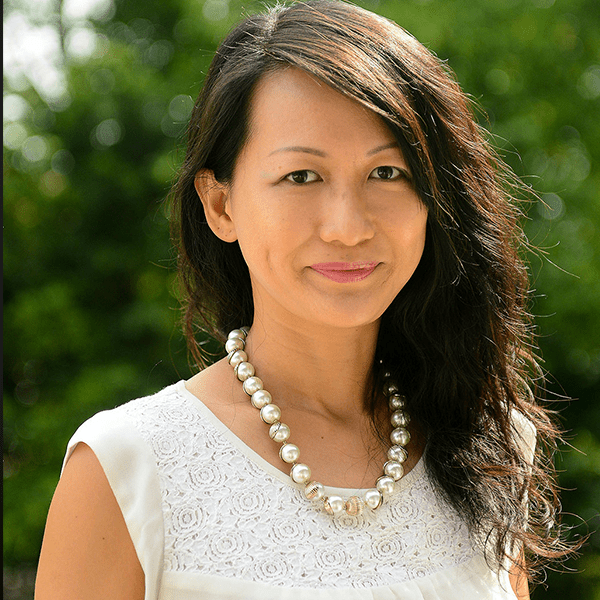
Workshop 3: Building Trust in the Face of Fake News: Countering Mis/Disinformation & Deep Fakes
Saifuddin Ahmed
Assistant Professor, Wee Kim Wee School of Communication and Information, Nanyang Technological University
Assistant Prof Saifuddin Ahmed is an Assistant Professor at Wee Kim Wee School of Communication and Information at Nanyang Technological University in Singapore. Dr Ahmed holds a Ph.D. in Communication Studies from the University of California, Davis. His research interests lie in new and emerging media, political communication, social media and politics, public opinion, and media representation of minorities. He is particularly interested in the transformative role of new media in political engagement in technologically emerging societies. More recently, Dr Ahmed is investigating the effects of AI on politics concentrating on algorithmic influence on political attitudes and behaviour (including the public opinion of AI technologies and the socio-political impact of deep fakes).
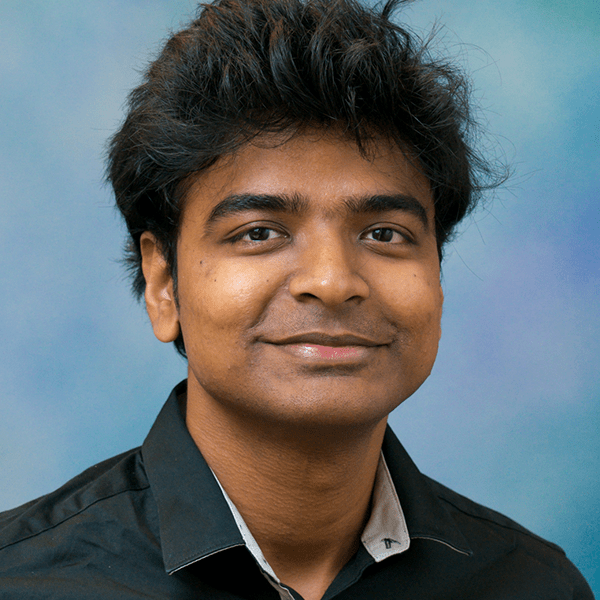
Panel Session 1: Climate Change: Stories Beyond the News Cycle
David Fogarty
Climate Change Editor, The Straits Times
Mr David Fogarty is Climate Change Editor at The Straits Times. He joined The Straits Times as an Assistant Foreign Editor in 2014 and became Climate Change Editor in September 2019, building on years of experience in climate reporting.
While studying science at university in Canberra, Mr Fogarty started writing science news stories in 1986, including the relatively new area of climate change. He has worked for newspapers in Australia, Britain and Hong Kong. He joined Reuters in Hong Kong in 1994 as a Desk Editor and shifted to Singapore in 1997, all the while maintaining a strong interest in climate change and the environment. From 2008 to 2012, he was Reuters first Climate Change Correspondent. After Reuters, he did media consulting for a group of US foundations, mainly focusing on environmental issues in Indonesia.
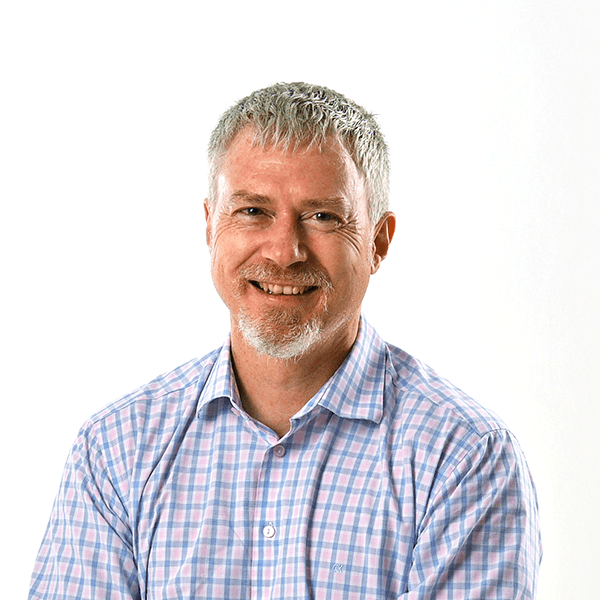
Panel Session 1: Climate Change: Stories Beyond the News Cycle
Linda Yanti Sulistiawati
Senior Research Fellow, Asia-Pacific Centre for Environmental Law (APCEL) National University of Singapore Law
Ms Linda Yanti Sulistiawati is a Senior Research Fellow at Asia-Pacific Centre for Environmental Law (APCEL) and an Associate Professor of Law in Universitas Gadjah Mada. She is an internationally recognised scholar in Indonesian international environmental law and her research has established her as a leading expert who is frequently consulted by the Indonesian government and international organisations. Her research focuses on international environmental issues, such as climate change, REDD+, land issues and customary (adat) issues.
Ms Sulistiawati was a member of the delegation leading Indonesia’s negotiations of the Paris Agreement on Climate Change. From 2018 to 2021, Ms Sulistiawati is a lead author of the Intergovernmental Panel on Climate Change’s Sixth Assessment Report. At APCEL, she will focus on comparative climate change law and policy in ASEAN. This adds to the centre’s focus on climate change law and its plans to become the knowledge hub on climate law in Southeast Asia and the wider Asia Pacific region.
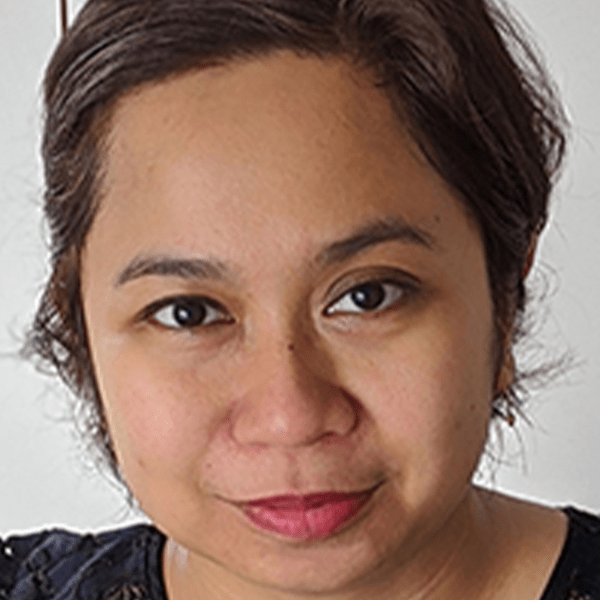
Panel Session 1: Climate Change: Stories Beyond the News Cycle
Sharon Seah
Coordinator, ASEAN Studies Centre and Coordinator, Climate Change in Southeast Asia, ISEAS - Yusof Ishak Institue
Ms Sharon Seah is Coordinator at the ASEAN Studies Centre, ISEAS – Yusof Ishak Institute. Prior to joining the ISEAS – Yusof Ishak Institute, Ms Seah was Associate Director of the NUS Centre for International Law. She has spent 14 years in the National Environment Agency and Ministry of Foreign Affairs prior to entering academia, including a diplomatic posting to the Singapore Embassy in Bangkok, Thailand from 2003 to 2007.
Ms Seah maintains an interest in climate change and environmental issues, multilateralism and ASEAN development. She graduated with a Master’s Degree in Public and International Law from the University of Melbourne in 2018.
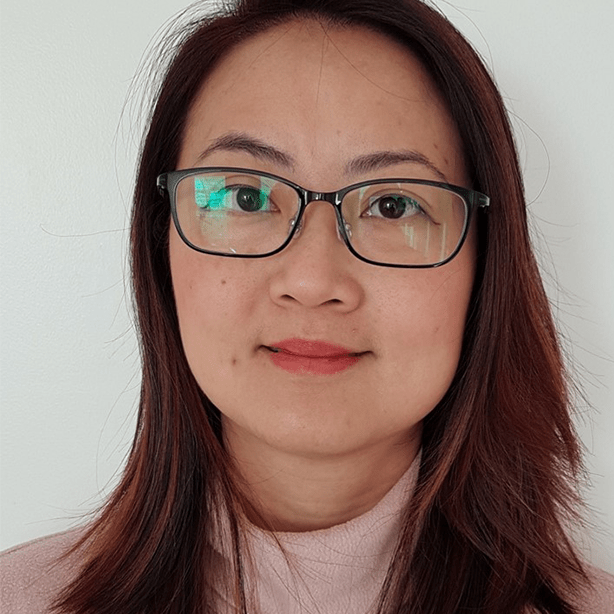
Panel Session 2: Social Innovation in Healthcare and Education
Janine Teo
CEO, Solve Education!
Ms Janine Teo is the CEO of Solve Education!, an education technology not-for-profit with the mission of delivering quality education to everyone, focusing on the BOP (Bottom of Pyramid) demographic. She is the first Asian to receive the International Intellectual Benefits to Society Award by Mensa International.
Ms Teo is also a high-level advisor to Asian Development Bank, on Digital Technology for Development, and a fellow of the University of Pennsylvania - Global Social Impact House. Ms Teo believes that education is the key to solve the many challenges we face in the world today, and because of this, she is an avid speaker on topics like education, edtech, gender equality and poverty alleviation.
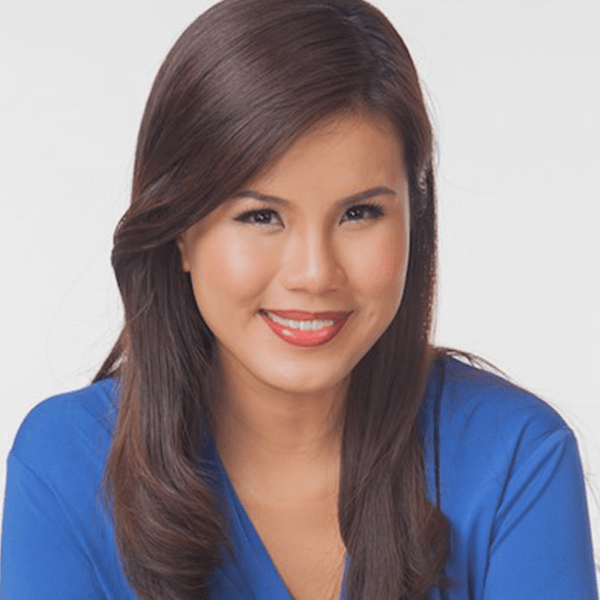
Panel Session 2: Social Innovation in Healthcare and Education
Jeremy Lim
Director, Global Health Programme, Saw Swee Hock School of Public Health, National University of Singapore
Assoc Prof Jeremy Lim is Director for Global Health at the Saw Swee Hock School of Public Health, National University of Singapore and leads the initiatives in health systems trengthening and universal health coverage. He brings diverse and unique perspectives having spent substantial time in public and private healthcare across Asia as well as in policy advisory with Singapore's Ministry of Health, the World Bank, and the World Health Organisation.
Outside academia, Dr Lim serves on the boards of various for-profit and not-for-profit organisations in different aspects of healthcare including migrant worker health, end of life care and digital health interventions. He trained in surgery and public health, attaining post-graduate qualifications in both, from the UK and US.
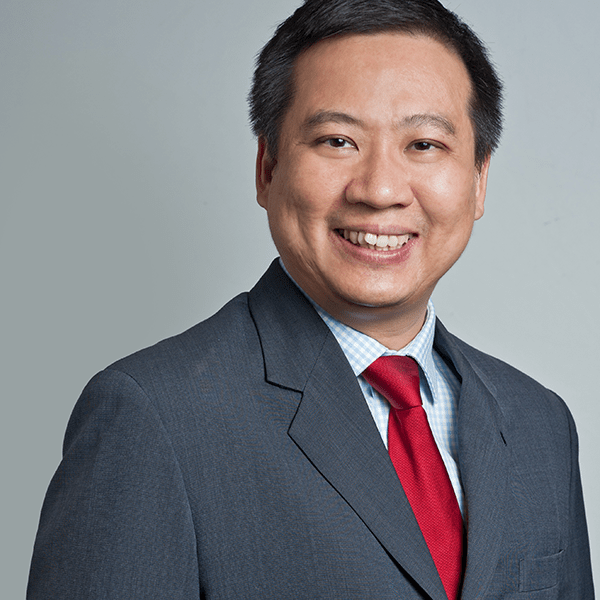
Panel Session 2: Social Innovation in Healthcare and Education
JJ Lee
Deputy Managing Director, Southeast Asia & Korea, APCO Worldwide
Ms JJ Lee is Chief Client Officer, Southeast Asia and Korea at APCO Worldwide, with more than 12 years of experience in strategic corporate communications, issues/crisis management, investor relations, and program development in North America and Asia Pacific. Prior to joining APCO in April 2019, Ms Lee was the Vice President, Regional Healthcare Lead, APAC for WE Communications leading integrated public relations campaigns for clients in the pharmaceutical and biotech industries.
In addition to her expertise in healthcare, Ms Lee has also provided counsel for key private and public sector decision makers. In Korea, she collaborated with the Korea Development Institute (KDI) Graduate School of Public Policy and Management and the Korea Advanced Institute of Science and Technology (KAIST) to develop training programmes for civil servants from developing nations in partnership with the World Bank Global Development Learning Network (GDLN).
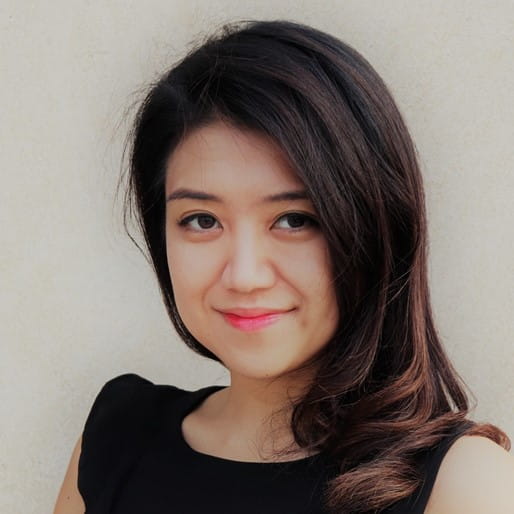
Panel Session 3: Global Village Newsrooms
Anjali Kapoor
Director, News Partnerships, APAC, Facebook
Ms Anjali Kapoor is the Director of News Partnerships for APAC, Facebook where she supports the news industry in the region by partnering with news organisations to achieve their business and strategic goals on Facebook platforms. She is a focused digital leader with a passion for creating engaging experiences around the future of news and storytelling. For more than 20 years she has played a significant role in developing and growing audiences and revenue for large media and technology companies.
Ms Kapoor has worked at the intersection of journalism, digital media, and technology for companies like Yahoo and Microsoft, and for the past eight years working in traditional newsrooms helping journalists to tell their stories in new ways and build sustainable digital business models. Most recently she was at Bloomberg Asia where she developed the regional digital and business strategy 3for APAC and India and worked with over 600 journalists and partners across the region.
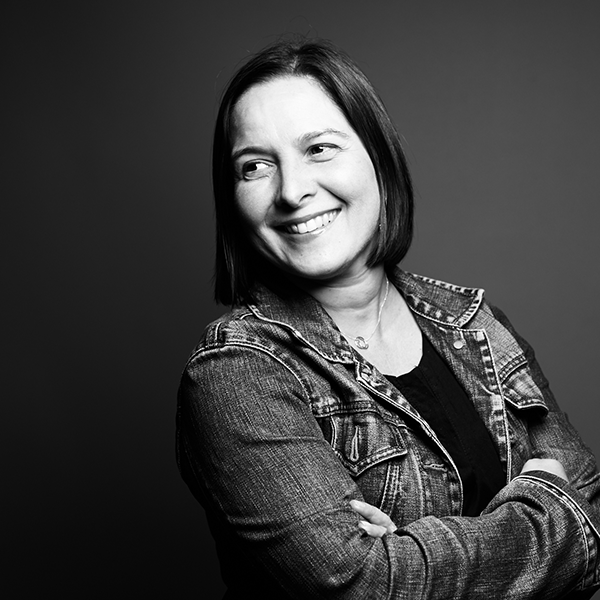
Panel Session 3: Global Village Newsrooms
Kavita Chandran
Journalism Trainer
Ms Kavita Chandran is a journalism trainer for Thomson Reuters Foundation, where she trains working journalists about solutions journalism as well as under-reported issues such as climate change, human trafficking, and modern slavery. She is an international journalist who has worked for Reuters, Bloomberg and CNBC across continents as a reporter, anchor, editor and trainer for the last 25 years. She is a published author and continues to write for various publications. She also ran her own wellness magazine for three years, and continues to teach journalism to undergraduate students at S.P. Jain School of Global Management, Kaplan Institute and Murdoch University in Singapore. An alum of Columbia University New York, Ms Chandran has been living in Singapore for the last 10 years.
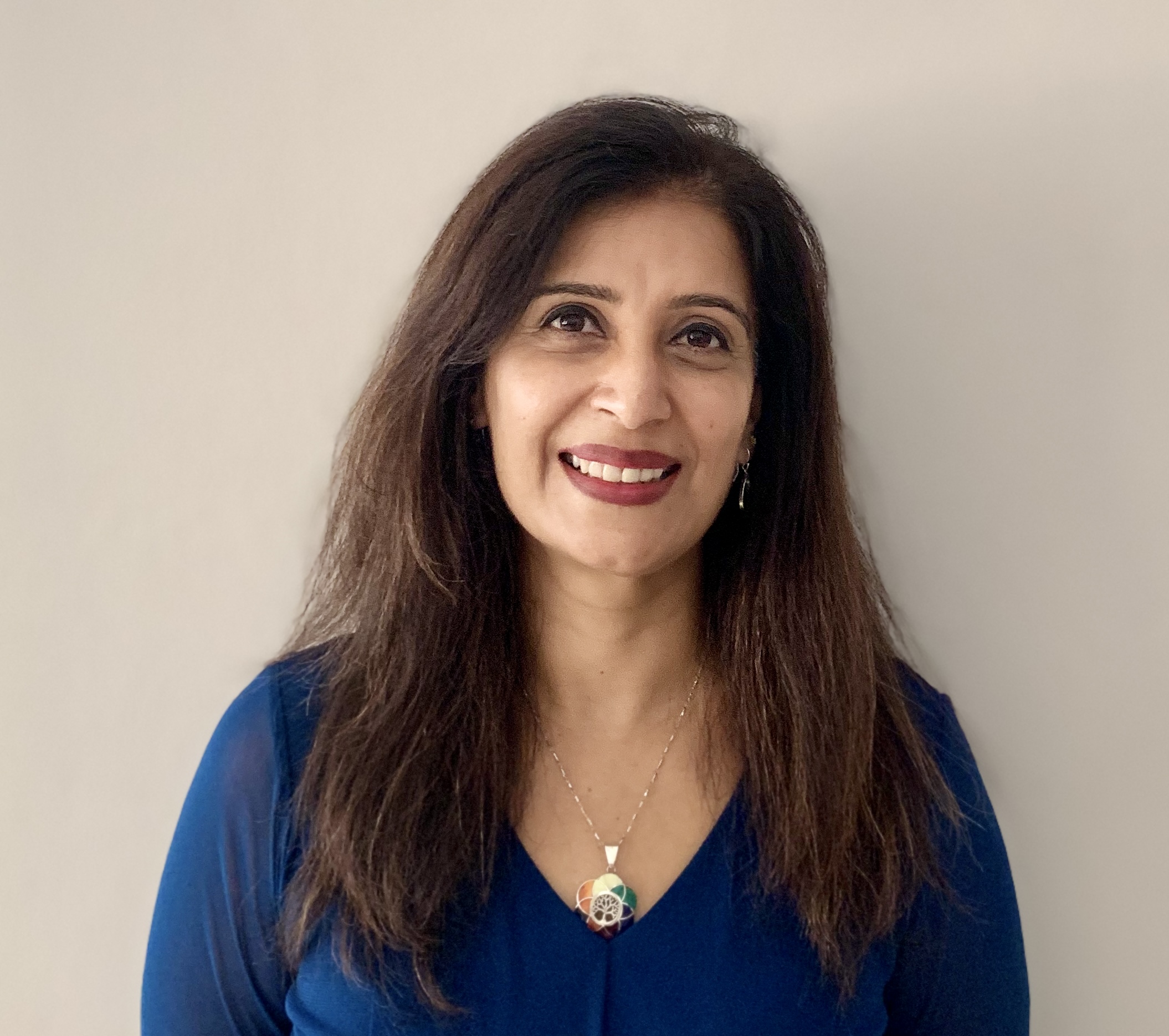
Panel Session 3: Global Village Newsrooms
Warren Fernandez
Editor-in-Chief, The Straits Times & English/Malay/Tamil Media Group, Singapore Press Holdings
Mr Warren Fernandez is Editor-in-Chief of English, Malay, Tamil Media in Singapore Press Holdings. He is also Editor of The Straits Times. He joined the paper in 1990 as a political reporter and rose to become News Editor. He later also served as Foreign Editor and Deputy Editor. He left to join Royal Dutch Shell in 2008 as a Global Manager for its Future Energy project, before returning to the paper in February 2012 as its Editor. He graduated with First Class Honours from Oxford University, where he read Philosophy, Politics and Economics, and also has a Master’s Degree in Public Administration from Harvard University's John F. Kennedy School of Government. Both degrees were obtained on Singapore Press Holdings scholarships.
Mr Fernandez is a board member of SPH (Overseas) Ltd, Straits Times Press Pte Ltd, The Straits Times Press (1975) Limited, Asia News Network (ANN), Singapore Symphony Group (SSO), National Arts Council and Chairman of The Straits Times School Pocket Money Fund. He is the elected President of World Editors Forum (WEF) which is the leading network for print and digital editors of newspapers and news organisations around the world. WEF is part of the World Association of Newspapers and News Publishers (WAN-IFRA).
